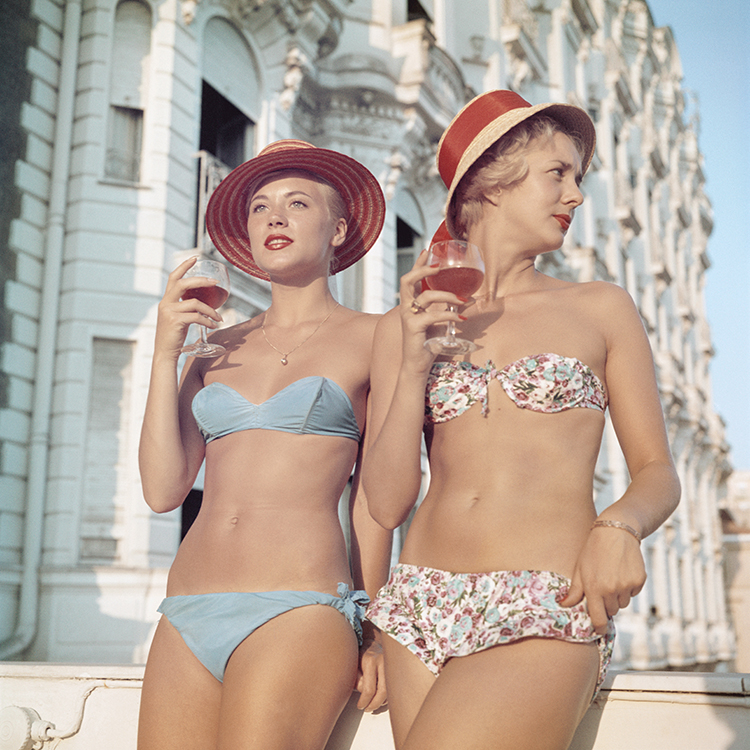Traditionalists were outraged 15 years ago when a group of French vineyards announced the launch of a rosé wine designed to be served with ice cubes.
Now Rosé Piscine, as it was named, is being hailed as one of the great modern success stories of a French wine industry in urgent need of renewal amid falling sales.
Marketing consultants say the triumph shows how the country’s deeply conservative winemakers will have to break taboos if they are to overcome the crisis caused by coronavirus.
La Revue du Vin de France magazine, the French connoisseurs’ bible, described Rosé Piscine as a “planetary success” in this week’s edition, and said that the idea had been a “veritable stroke of genius”.
Its popularity among young consumers, notably in countries such as Brazil with little wine-drinking tradition, has been noted by other French vineyards. Many have followed suit by discarding centuries of etiquette to develop wines of their own that are designed to be drunk with ice.

Purists have always opposed the practice of putting ice cubes in a glass of wine on the grounds that they nullify the aromas of the drink.
Yet in sun-soaked southern regions, the habit is well entrenched. In the 1950s, for instance, Brigitte Bardot could often be found in Club 55, a beach restaurant at St Tropez, downing glasses of champagne with ice.
Rosé Piscine, as it was named, is being hailed as one of the great modern success stories of the French wine industry.
“I noticed this custom when I saw women on the French Riviera drinking rosé as an aperitif,” said Jacques Tranier, managing director of Vinovalie, the wine-making co-operative behind Rosé Piscine.
“The idea of diluting rosé to chill it was a crime of high treason but at the same time it offered a formidable opportunity. I saw barmen selling the ice cubes at the same price as the wine.”
After his trip to the nightspots of the Mediterranean coast, Mr Tranier returned to his co-operative near Toulouse, which makes wines with grapes from about 400 local vineyards, and set about developing a rosé so aromatic that it would remain flavoursome even after the addition of ice.
The formula he discovered involves the use of at least three different types of grape including négrette, a variety believed to have been imported into France by crusaders returning from the Middle East in the 13th century.
Vinovalie launched Rosé Piscine in 2005 amid widespread scepticism from connoisseurs over its claim to be the only wine in the world that was improved by ice cubes.
Yet the critics were proved wrong.
According to La Revue du Vin de France, Vinovalie sold a total of 1.4 million bottles of Rosé Piscine around the world last year, including 238,000 in Brazil, where it became the most popular French wine on the market.
Even during the Covid-19 pandemic, Brazilian websites such as Wine to You are offering home deliveries of Rosé Piscine at a cost of $71 for three bottles.
The trend has caught on in France, too. Other vineyards in the country have developed wines to be drunk with ice, such as Sainchargny, a sparkling Burgundy launched this year.
Marketing experts say more such novelties will be needed to save the French wine industry after a massive slump in sales during the pandemic.
Sophie Morgaut, founder of the Force 4 marketing agency, for instance, is urging vineyards to launch a “lockdown exit vintage” this summer.

